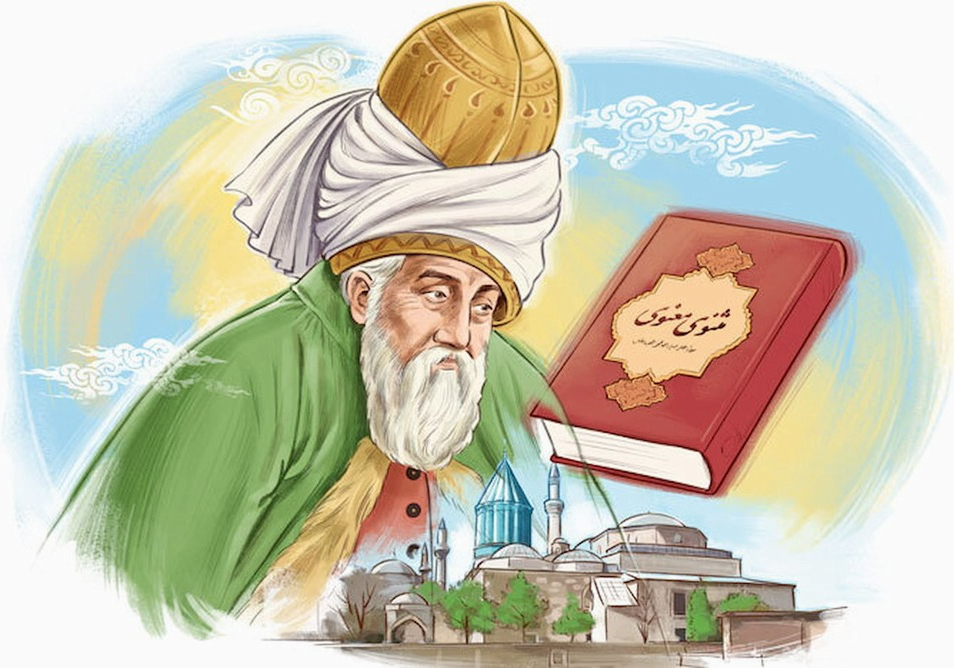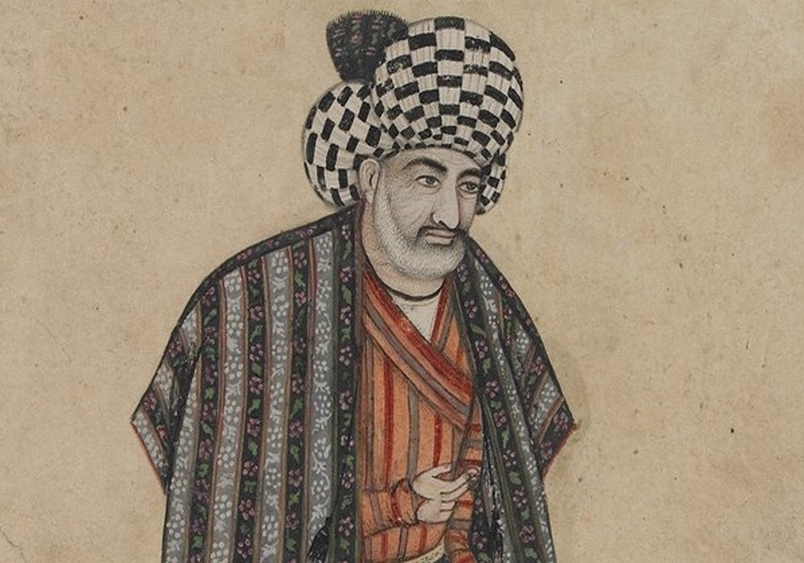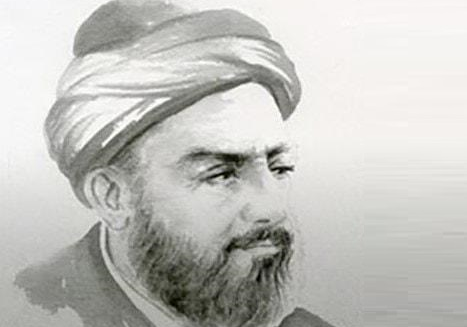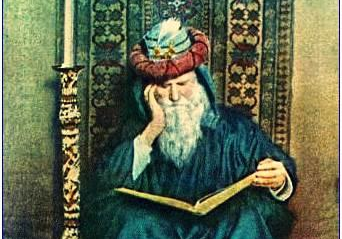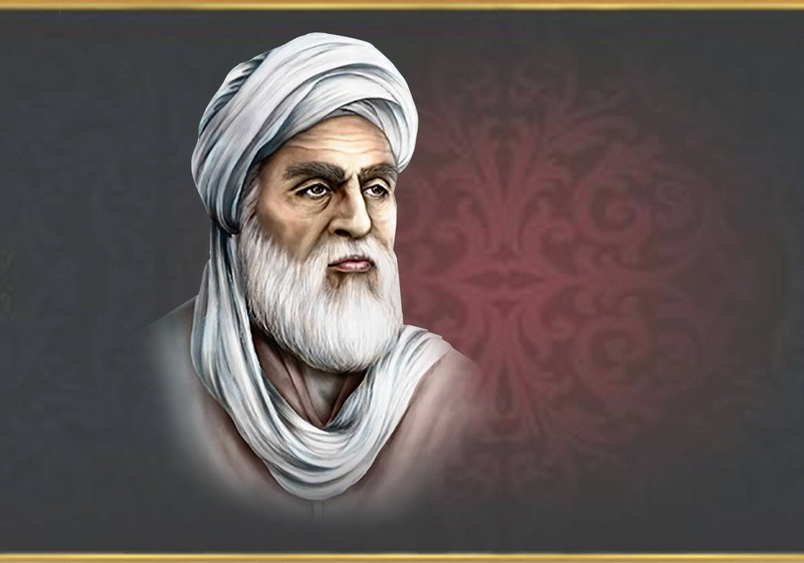
Najaf Daryabandari
Translators have a special position among the elites of their country because by translating books into the target language, they familiarize their people with the culture and lifestyle of other nations. Despite this lofty position, there are a limited number of translators who, by identifying the important works of their times select them for translation. “Najaf Daryabandari” was one of the contemporary translators of Iran who during his career provided great services to Persian-speaking people by translating important literary and philosophical works.
Daryabandari’s Life and Works
Najaf Daryabandari was born in Abadan in 1929 AD. He did his primary education in the “17 Dey School” and then joined the Razi High School of Abadan. He, however, left his education when he was in grade nine in other to work in the marketplace. At that time, there were many Englishmen in Abadan who worked in the Abadan oil industry. The presence of English people made Daryabandari interested in the English language and inspired him to learn it.
Daryabandari gradually made good progress in English, and in 1953 AD he released his first translation; Ernest Hemingway’s “Farewell to Arms”. This work was published in Tehran about a year later, but at the same time, Daryabandari was imprisoned in Abadan on charges of illegal political activities. After enduring about a year of imprisonment in this city, he was transferred to Tehran to spend the rest of his sentence. While in Tehran prison, Daryabandari did not stop working and translated Bertrand Russell’s “A History of Western Philosophy”. He was released from prison in 1958 after four years of imprisonment.
After being released from prison, this great Iranian translator started translating literary and philosophical works and translated books like “The Old Man and the Sea” by Hemingway and “Adventures of Huckleberry Finn” by Mark Twain. He worked with the Franklin Institute, a publishing company, for about 17 years. Daryabandari’s cooperation with this institute ended in 1975 AD. At the same time, Daryabandari signed a contract with Iran’s National Radio and Television Organization for the translation of English-language films and serials.
Some of the other books translated by Daryabandari included “A Rose for Emily”, “As I Lay Dying” by William Faulkner, “The Meaning of Art” by Herbert Read, and “The Prophet and the Mad Man” by Gibran Khalil Gibran. The activities of this translator caused Columbia University to award him the “Thornton Wilder Prize for Translation” for translating American literary works.
Although Daryabandari is more known as a translator, he has also left behind an important work, “Kitab-e Mostatab Ashpazi, az Sir ta Piyaz” (lit. The Honorable Cookbook, from Soup to Nuts) which is considered an encyclopedia about Iranian Cuisines. He has also left behind some works in the field of literature and art as well as some paintings. Daryabandari passed away in Tehran in 2020.
Features of Daryabandari Translations
Daryabandari’s translations were both beautiful and faithful. He had an exemplary sense of humor which is evident from some of his texts. Except for his works and translations, what added to Daryabandari’s popularity among Iranians was his morality-oriented character. He was a self-made man and acquired his skills through hard work and perseverance. Perhaps that was the reason why he did not look down on people in his works and spoke to his readers like a friend. This contemporary translator and writer paid attention to the popular culture of Iran and because of this attention, he considered a subject like cooking so important that he spent part of his life and efforts to compile a comprehensive book on it.
During the time of Daryabandari, some translations hit the market with improper language, which was believed to be a sign of the translator’s mastery, but, in fact, affected the art of translation like a plague and even had its ill effects on Persian poetry for some time. Daryabandari opposed this situation and tried to deal with it without any formality.
Najaf Daryabandari’s name was inscribed on the list of the caretakers of Iran’s intangible national heritage in the year 2017.
Najaf Daryabandari was one of the contemporary translators of Iran who during his career provided great services to Persian-speaking people by translating important literary and philosophical works.
| Name | Najaf Daryabandari |
| Country | Iran |
| Production Time | 1308-1399 |
| Works | Farewell to Arms A History of Western Philosophy The Old Man and the Sea Adventures of Huckleberry Finn As I Lay Dying The Meaning of Art Thornton Wilder Prize for Translation Kitab-e Mostatab Ashpazi, az Sir ta Piyaz |
| Yard period | Contemporary |
| Type | Literary |

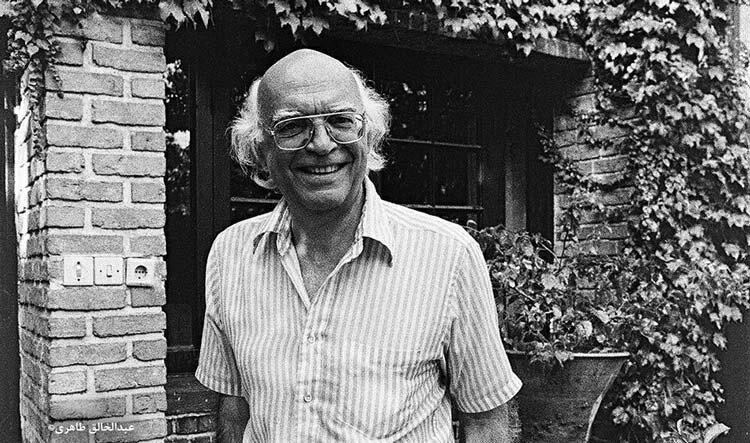
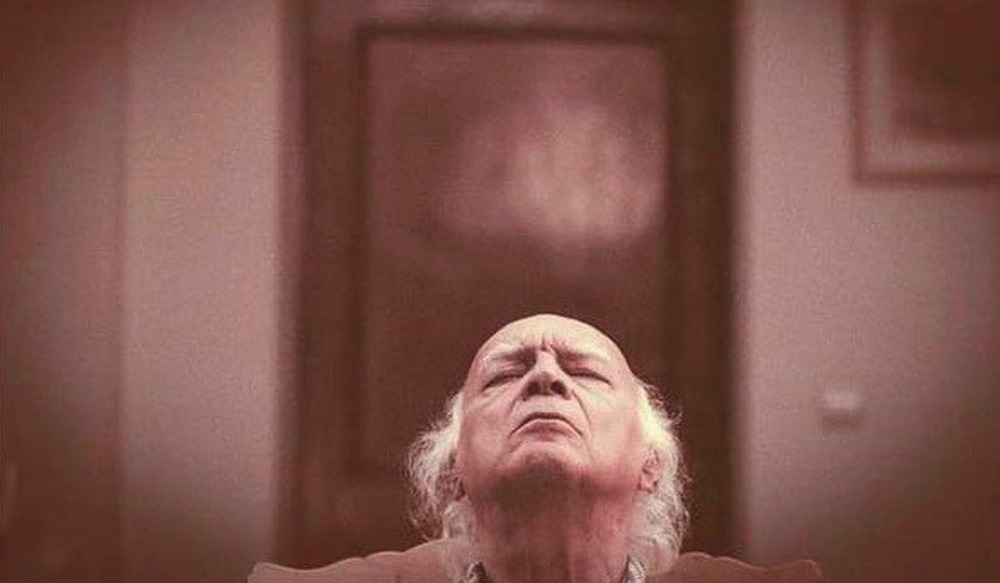
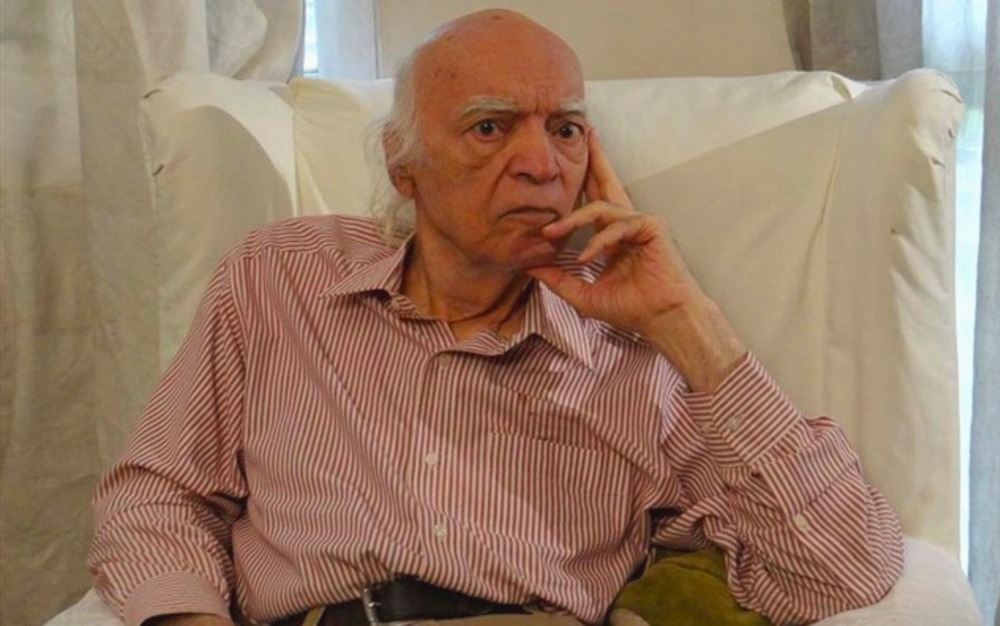




Choose blindless
Red blindless Green blindless Blue blindless Red hard to see Green hard to see Blue hard to see Monochrome Special MonochromeFont size change:
Change word spacing:
Change line height:
Change mouse type:




